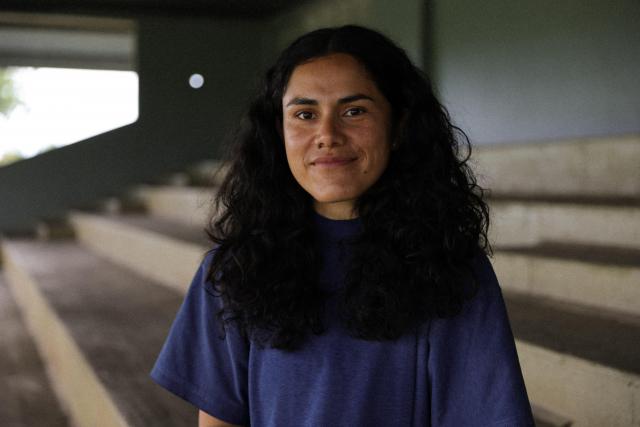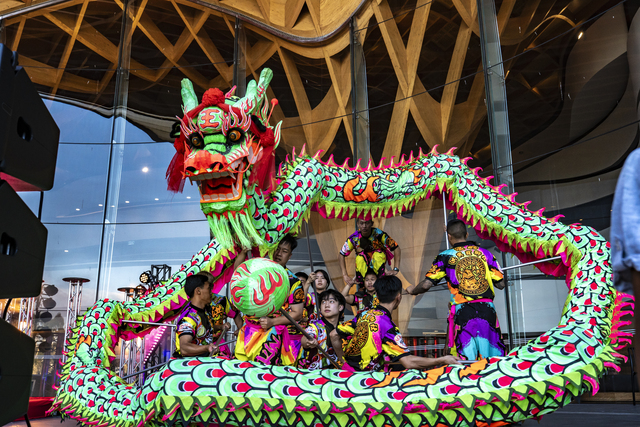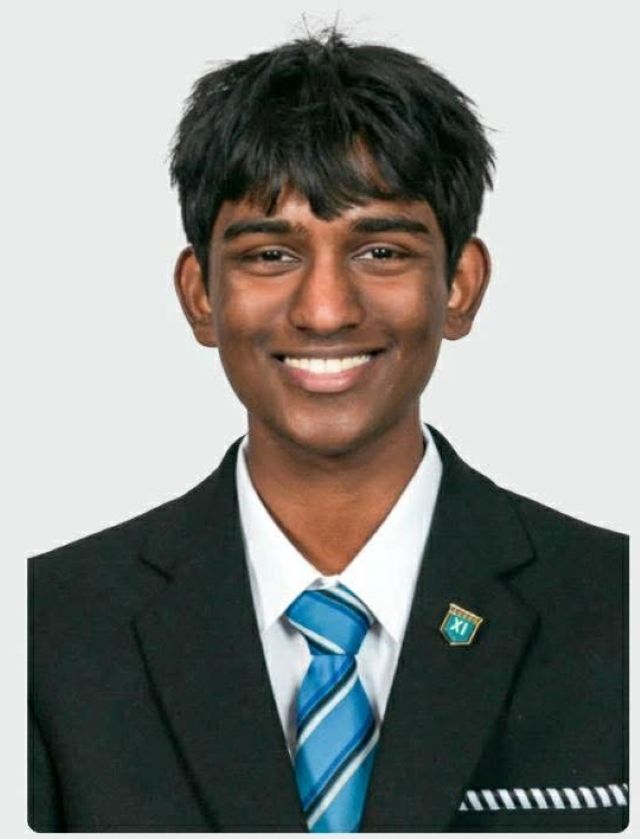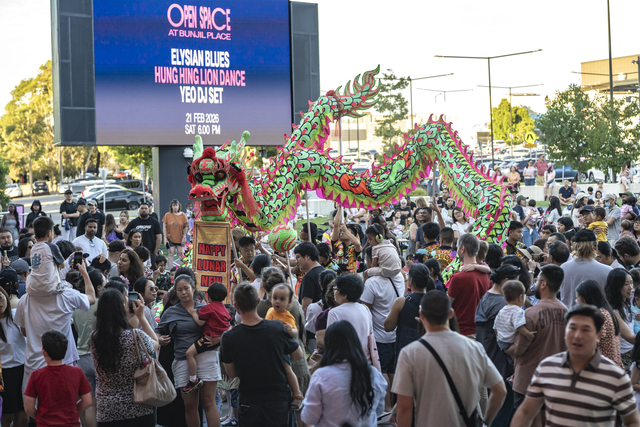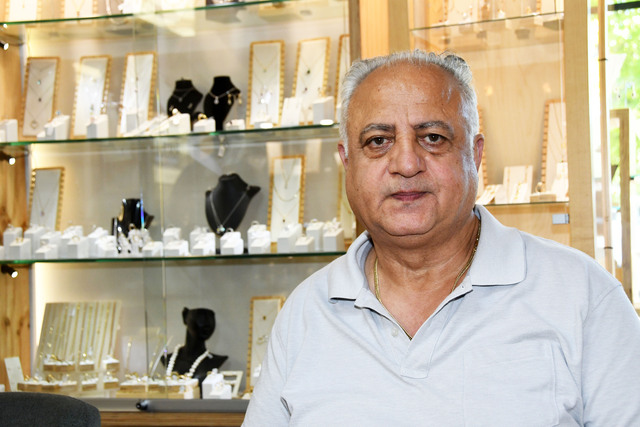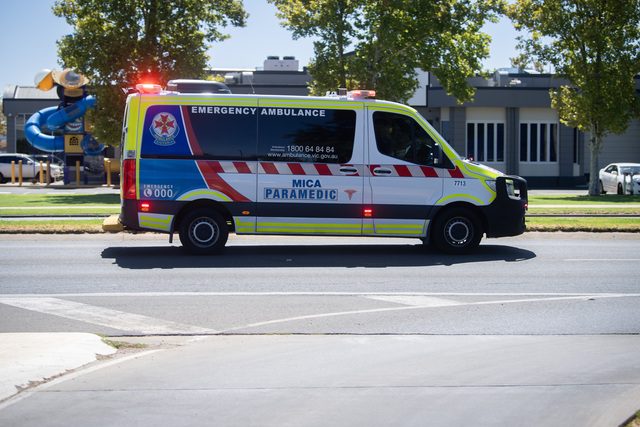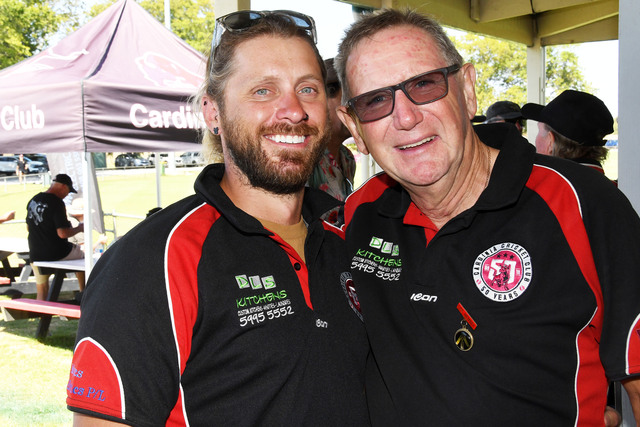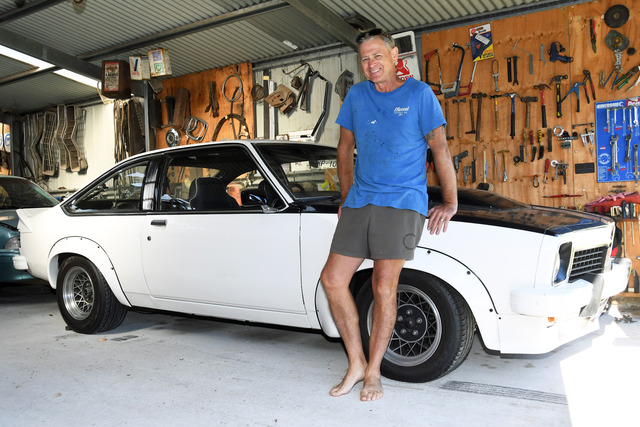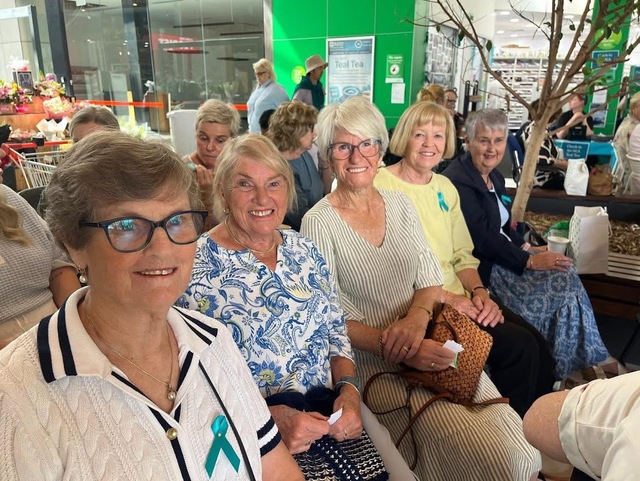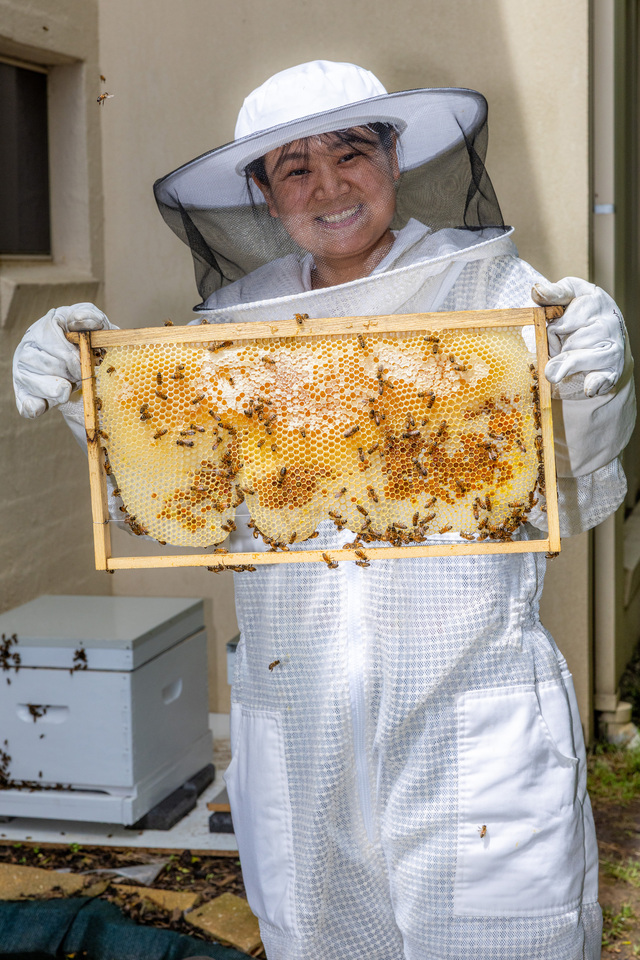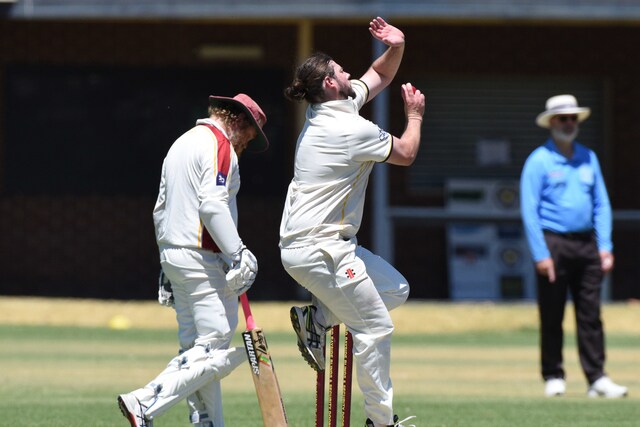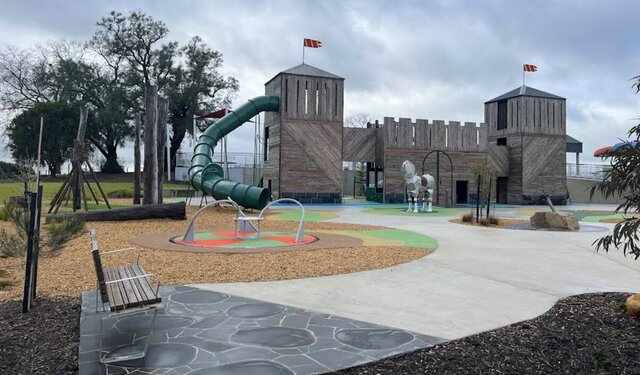Hafekasi will be one of the first few films from the Melbourne International Film Festival to feature at Bunjil Place’s big screen on Thursday 1 February.
Tongan for half-cast, Hafekasi is a 16-minute film that revolves around a young girl named Mona, who has a white Australian mother and a Tongan father who is not featured in the film.
Director Annelise Hickey delved into the uncertainties of familial relationships, the struggle of identity and the self, and the want to be part of something, to belong.
Loosely derived from her personal experiences as child, Ms Hickey said that “it’s pretty parallel to how I felt growing up when I was old enough to realise, feeling like you don’t fit in sometimes.”
“There’s this yearning to be part of something you don’t know anything about, this culture that you know nothing of,” she said.
Set in the 1990s, the film is vibrant, filled with colour and unravels in two places, a home and a market.
“A lot of times I went to the market as a kid growing up served as my exposure to different cultures, and I just remember the vibrancy of this ‘90s colour pallet of reds and teals.
“That was something that was really prominent when we shot the market scenes, they were full of sound and colour in comparison to being a single child living in a single mum’s home that’s quiet in sound and colour,” Ms Hickey said.
The film’s cinematography is very intimate, following Mona closely with the audience either always watching from her point of her or watching her as she interacts with others.
For Ms Hickey, as a child she didn’t know how to articulate her feelings, so for her “it was always through hearing things or watching people.”
“That was quite important for me to understand where I and Mona belong in the world or where she thinks she belongs through the comments made by the adults around her,” she said.
Filmed handheld, with incorporations of the shaky cam in some scenes, Ms Hickey wanted to be free with the camera so non-actors involved in the film could be as comfortable as possible to feel like they own the space while delivering an authentic experience.
As for its effects on Mona, the film had “very human camera movement to match her feelings and the way that she moves around the space,” Ms Hickey said.
The idea of the film had been brewing for a long time, but the lack of personal confidence and the thought of the contents of the story itself and how audiences would receive it had prevented Ms Hickey from going through with it.
However, with age and adulthood, Ms Hickey was able to explore her own Tongan culture and began to realise that many others like her were hafekasi or half-cast.
“I went to Aotearoa (New Zealand) about six months before we shot the film, and since it’s full of Polynesians and Tongans, just seeing how they celebrate brown people in their media was incredible.
“That sort of gave me the boost I needed, I came back and wrote the script in a couple of days which had been taking me years to write.
“After going to Aotearoa, I was like, people might actually care about this story, and it poured out and I gave myself permission to write it after that trip,” Ms Hickey said.
As for the director’s emphasis on the film’s message, Ms Hickey didn’t want to “guilt anyone to watch anything.”
“One of the main reasons I watch films is because I enjoy watching people’s lives, and me as a director and when growing up, I didn’t see Polynesians represented in Australian television or film, or media.
“I just think it’s nice to give different stories a chance, to have a better understanding of how someone you might live near or someone you might work with might see the world so differently,” she said.
The film will premiere on Bunjil’s big screen at 8pm on Thursday 1 February, with gates opening at 6pm and a Q&A with Annelise Hickey and other directors at 7.30pm.
Tickets for the night are priced at $10 and for more information on the night and other screenings visit casey.vic.gov.au/news/melbourne-international-film-festival-comes-bunjil-place

